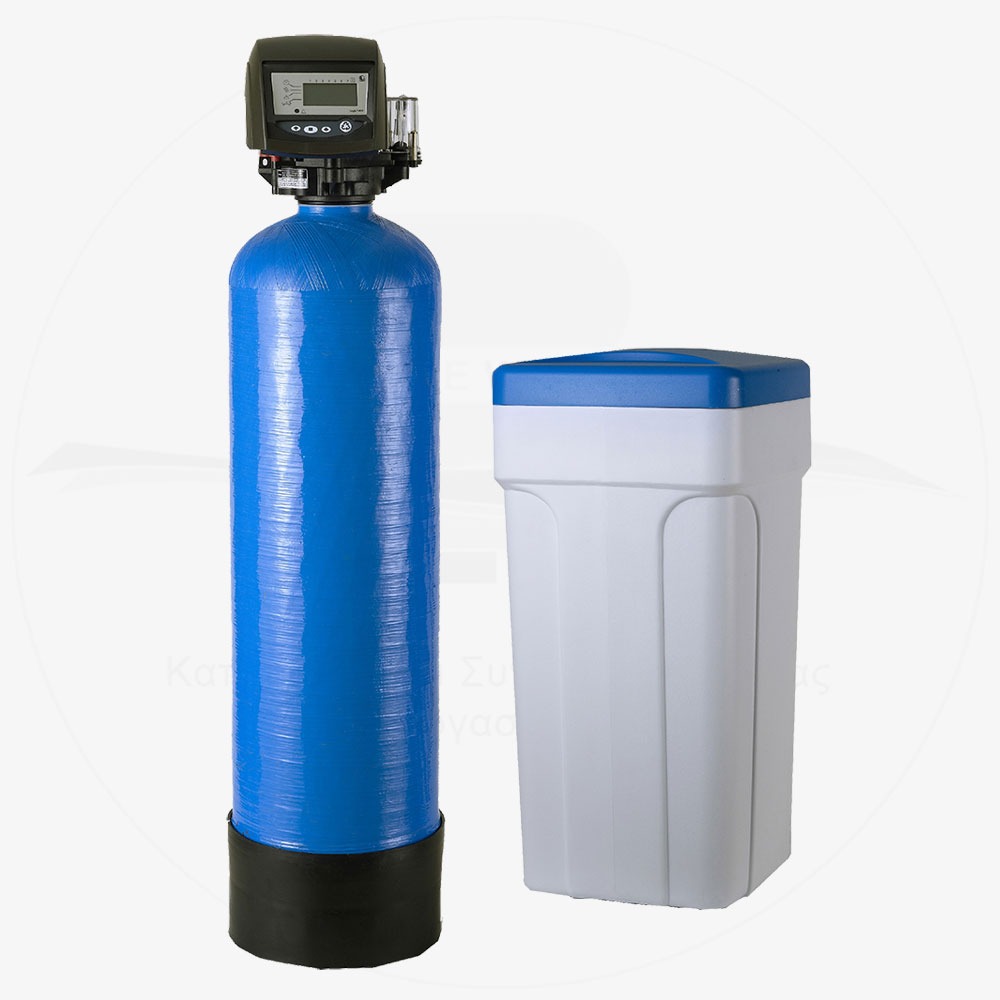A water softener system is a must-have in every household as it helps improve your quality of life. It solves hard water problems that consume a lot of time, e.g. hard to lather soap and shampoo, spots on dishes which requires repeat washing, dingy laundry which needs longer wash time, ring on the bathtub that needed to be scrubbed, and scale deposits on a coffee maker that would require a deep clean most of the time.
The Following are the Benefits of Having a Water Softener System:
- Moneysaver in terms of plumbing due to repair due to less buildup of mineral deposits that clog the pipes
- Prevents adverse effects on a dishwasher, washing machine, coffee machine, and even water heater
- Helps save electric bills as it prevents pipe damage since less pressure is needed to push through, thereby using less energy
- Allows better hair and skin condition as soft water does not strip off the natural oils of the body.
- Softer and cleaner clothes as there are no mineral deposits left
- Dishes are better cleaned as soft water and detergent give a lather and more cleaning action
- Less time for cleaning routine as soft water does not leave residues, unlike hard water does.
Below are some of the guidelines you can follow to help you determine the type of water softener system that you need for your home and also what to do to maintain its efficiency. If you want a ready-made list picked by experts,this article can help you.
1. Measurement of the Hardness of Water
This is done through test kits. It is advised that you seek help from professionals who can perform water testing services at a low cost. It would take time to research, but it is better than wasting money on store-bought kits that you don’t know how to use. Generally, 7 grains of hardness per gallon is considered hard.
2. Capacity Water Softener Needed According to Home Use
This is determined by multiplying the number of people in the household by how much water they use each day. Water softener selection relevance also refers to the flow rate of your household system which is essentially a measure of the maximum rate at which it can dispense water.
3. Type of Water Softener Best for Your Home
Water softener systems are of different sizes, capacities, colors, and brands. Salt-based, whole-house, and ion/cation exchange units are the most popular types you can find on the market.
Also, regeneration frequency is important to maintain consistency in soft water for the household. The control valve is the brain of a water softener unit. It determines if it is time for the regeneration process as the resin that traps the hardness minerals in water which makes the water soft also gets completely covered with minerals. The trapped minerals are being sent down the drain, making it ready to start the softening process again.
4. Amount of Salt to be Used
Salt is essential for the regeneration of resin beads that remove hardness out of the water. An average residential system is typically 6 to 12 pounds per cycle of salt, though this is mainly determined by the capacity of the water softener that you have at home.
There are water softener units that can gauge salt level on their own to help you maintain the right level of sodium. Meanwhile, there are also models that have a means of reminding when it is time to add salt.
5. Look for a Product That has NSF Certification
This assures the water softener system that you purchased has met strict safety standards for public health protection.
Buying a household essential like a water softener system is something that should be carefully considered. Efficiency plays a big factor here as it can benefit you in the long run since it means that there are less repairs and maintenance required. In addition to a water softener make sure to use a refrigerator water filter when drinking tap water from your fridge
Hi, I am Subhajit Khara a lifestyle blogger. Besides blogging, I like to play cricket and watch CR7 playing. You can reach out to me at wittythink.com


Speak Your Mind